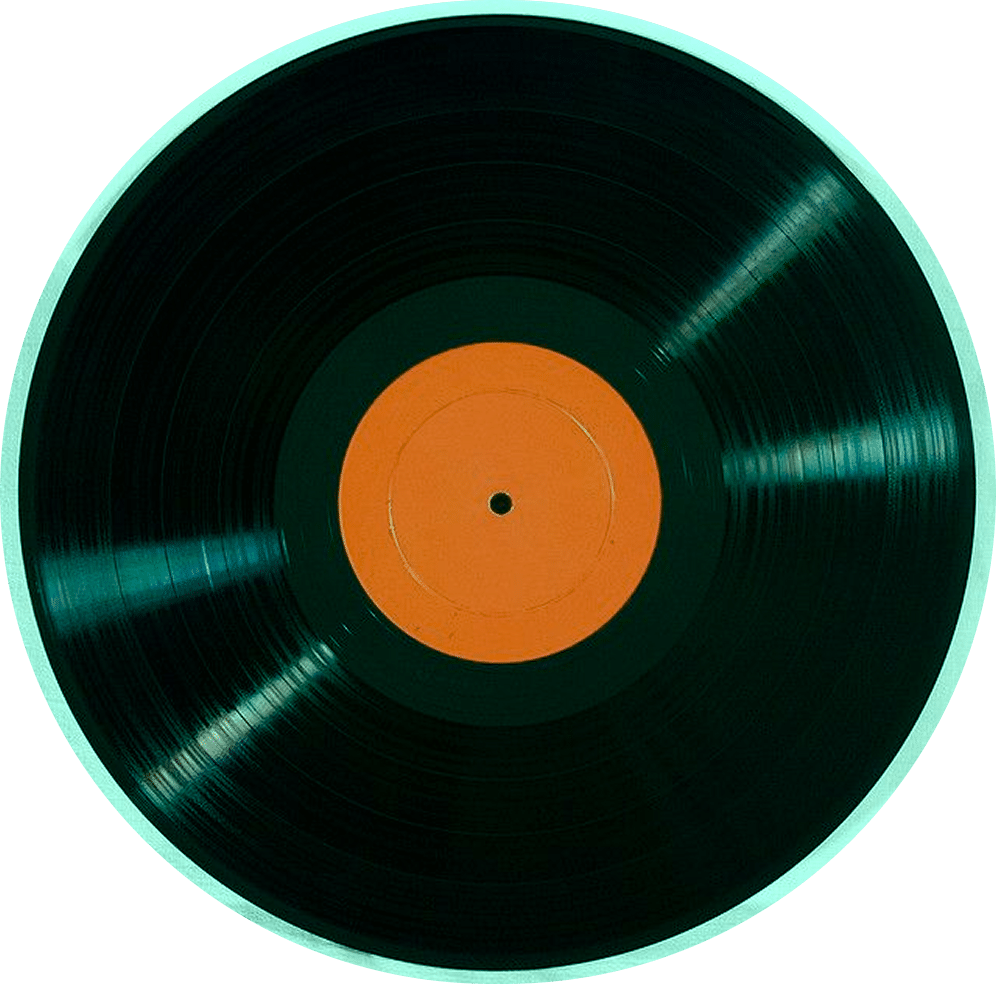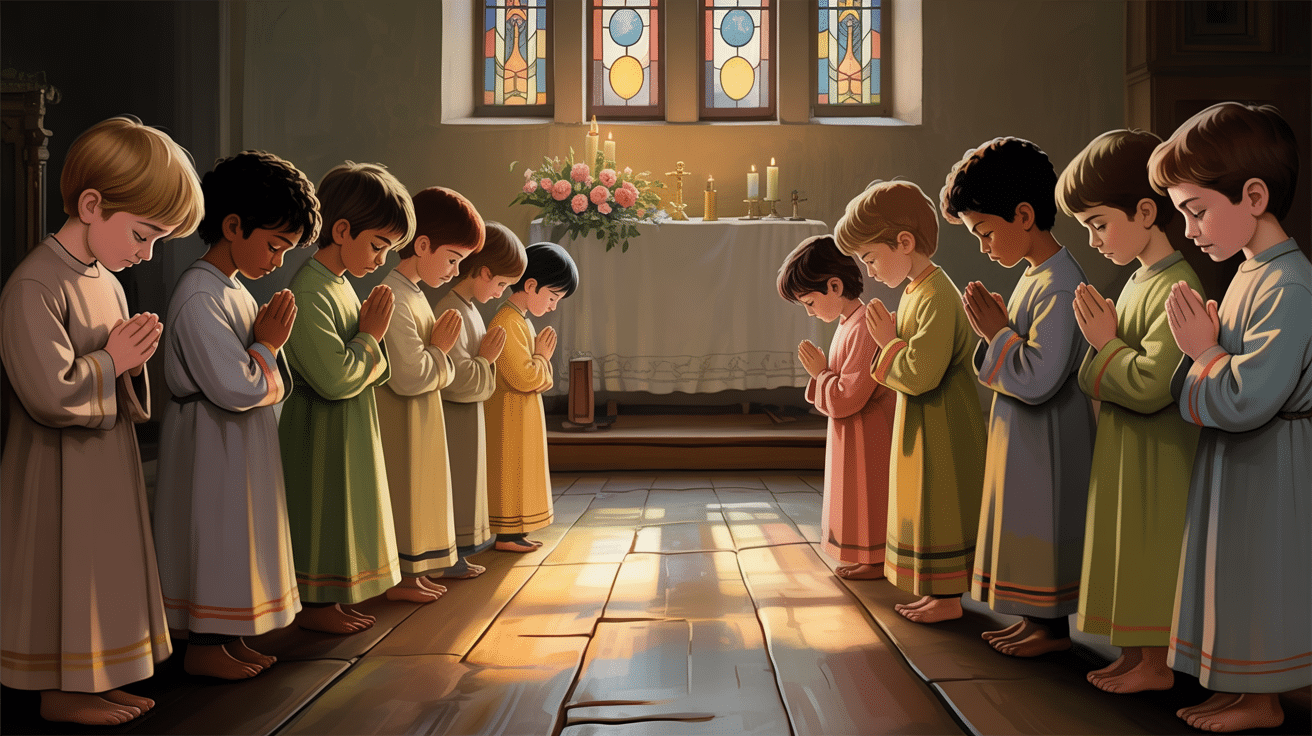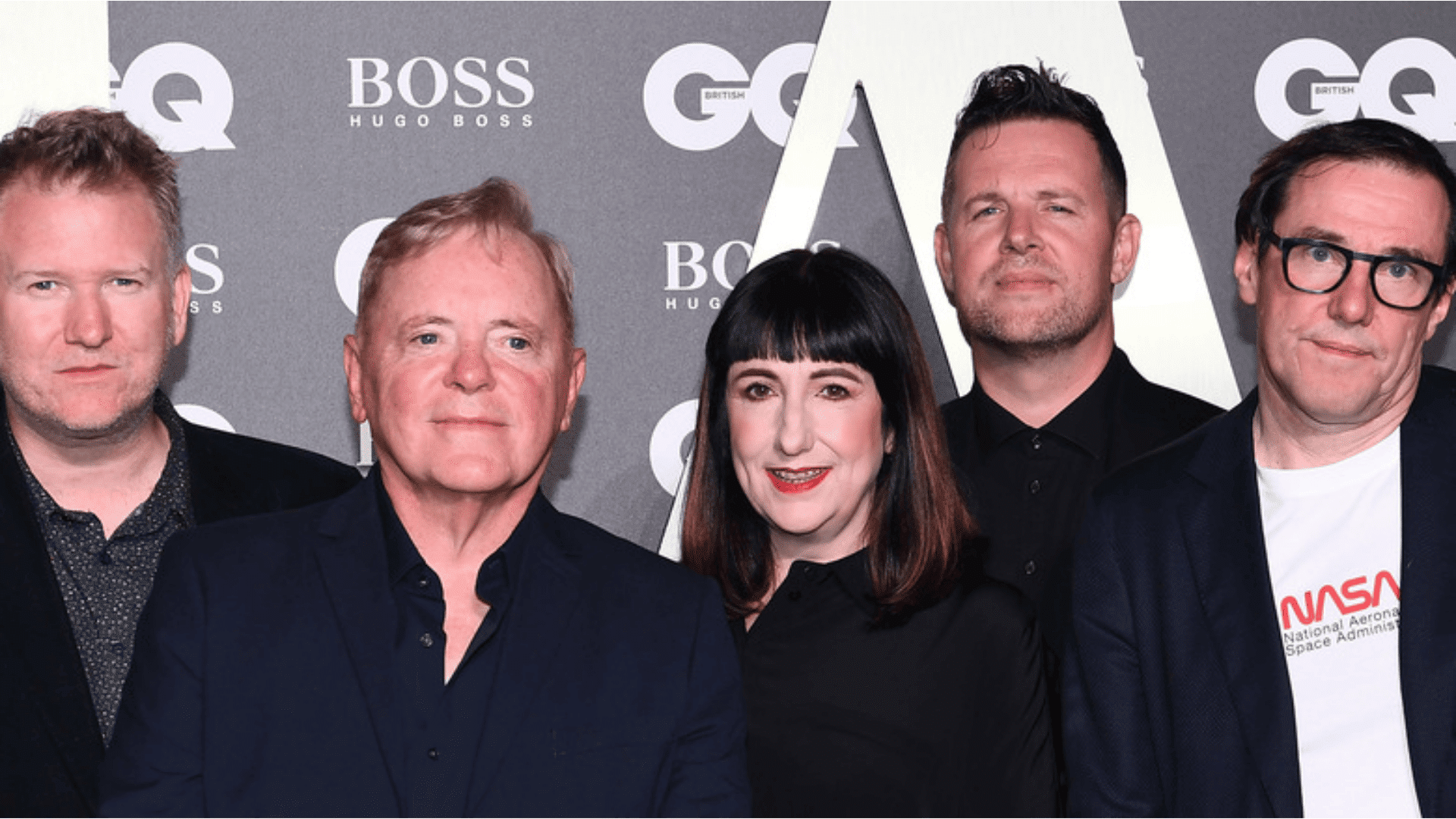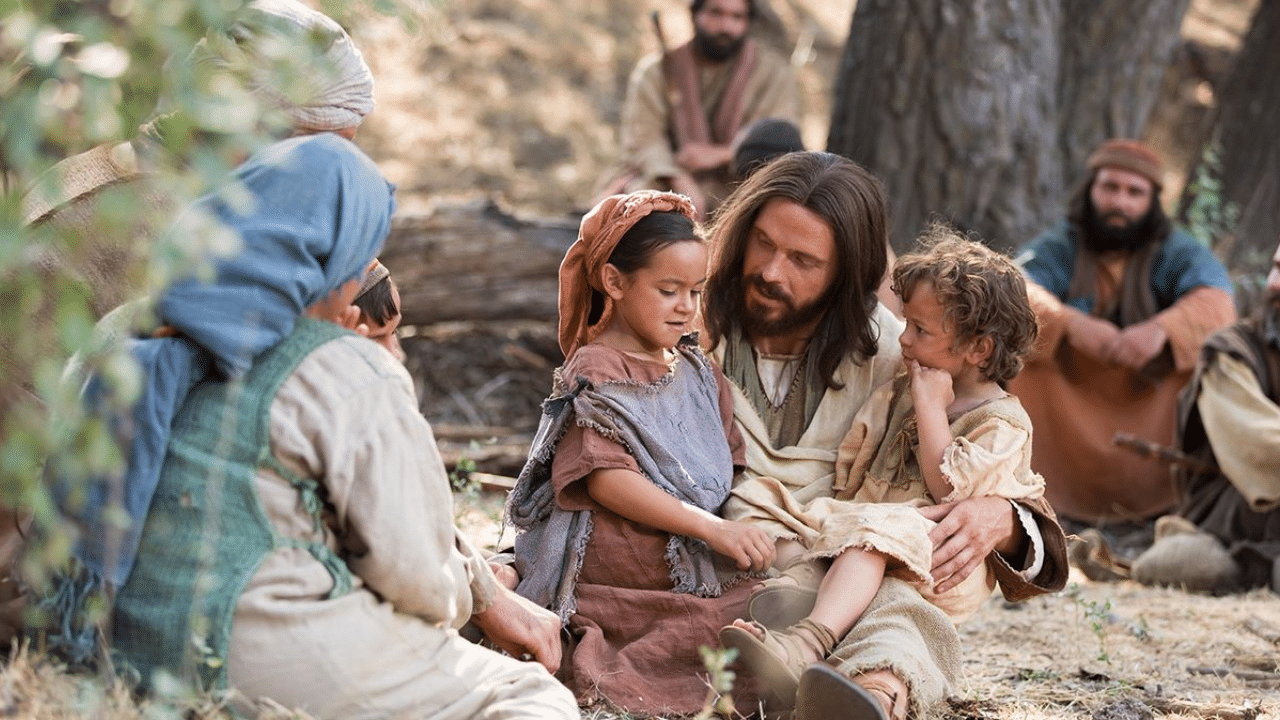Many musicians find themselves stuck in a confusing spot when trying to understand what “indie” truly means in today’s music world. The term has shifted far beyond its original meaning of simply being unsigned to a major label.
We’ll clear up this confusion by providing a straightforward explanation of what makes an artist genuinely independent in 2025.
This isn’t just about contract status; it’s about creative freedom, business approach, and artistic vision.
In this guide, you’ll learn the exact criteria that define indie artists, how they build careers without corporate backing, and why many choose this path despite the challenges.
You’ll finish with a clear picture of what being “indie” means for today’s musicians.
What is an Indie Artist?
At its core, “indie” is short for independent. In the music industry, this term refers to artists who create and distribute their work without the backing of major record labels.
But the meaning goes deeper than just business arrangements.
Being indie is about maintaining control over your creative output. These artists make decisions about their sound, image, marketing, and business dealings on their terms.
They often work with smaller teams or handle multiple aspects of their career themselves.
The indie approach isn’t tied to a specific genre. You’ll find indie artists making pop, rock, hip-hop, electronic music, and everything in between.
What connects them isn’t the style of their art but their commitment to making it on their terms without corporate oversight.
What Makes an Artist ‘Indie’?
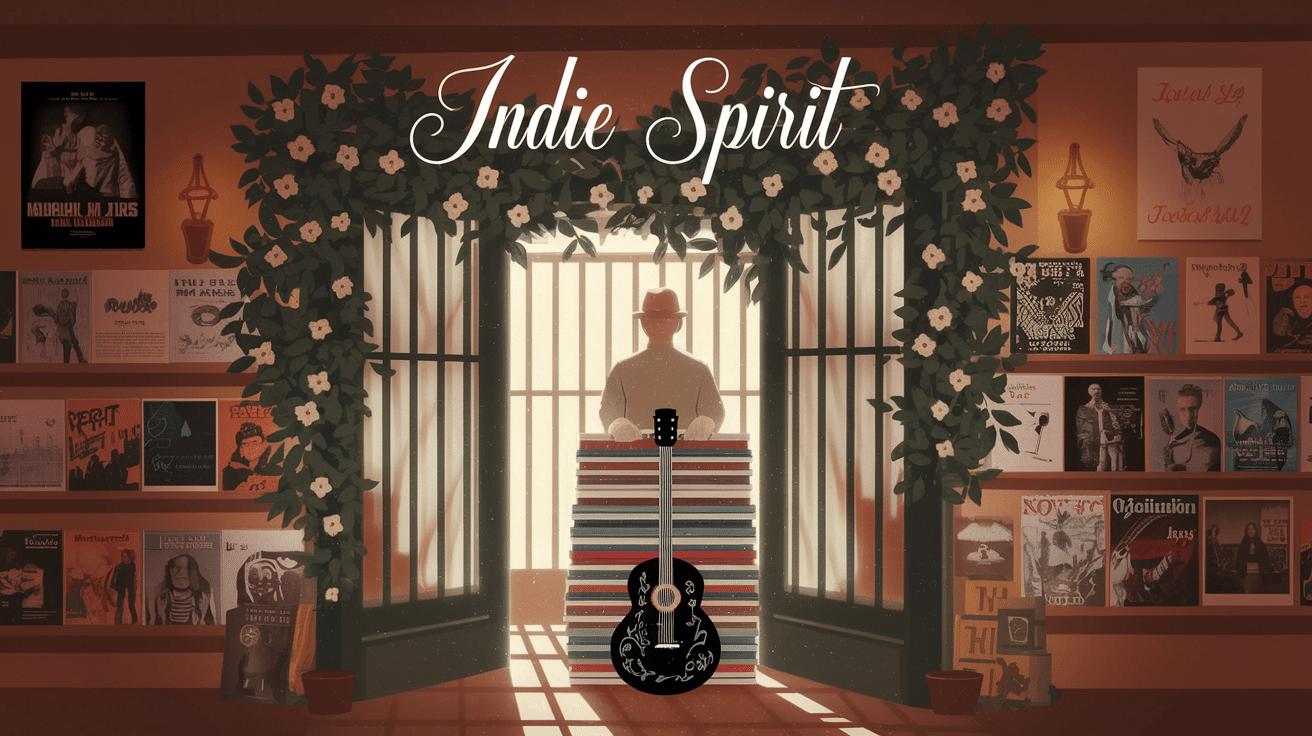
Three main factors define the indie artist status in today’s music landscape:
No Major Label Support
Independent artists work without contracts from the “Big Three” music companies (Universal, Sony, and Warner). Instead, they might partner with small independent labels, create their imprint, or stay completely self-released.
This freedom comes with both benefits and difficulties; they lack big budgets but keep more of their earnings and rights.
Full Creative Control
Indie artists have the final say on their music, lyrics, artwork, videos, and public image. They don’t need to get approval from label executives or modify their vision to fit commercial expectations. This control allows for more genuine artistic expression and the ability to take creative risks that major labels might avoid.
DIY Approach
Most indie artists take a hands-on role in their career development. They might record in home studios, design their merchandise, book their shows, and run their social media. Even when they build a team, they typically stay directly involved in key decisions about production, marketing, and distribution.
What Kind of Art or Music Do Indie Artists Make?
The indie world is known for its focus on authenticity and original expression rather than following trends or formula-based approaches. Here’s what sets indie music apart:
Focus on Authenticity
Independent artists often prioritize honest self-expression over commercial appeal. Their music tends to reflect personal experiences, unique perspectives, and artistic visions without corporate filtering. This authenticity creates strong connections with fans who value genuine expression.
Blending and Crossing Genres
Without pressure to fit into specific radio formats, indie artists freely mix styles and influences. A single indie album might combine elements of folk, electronic production, jazz harmonies, and hip-hop beats. This freedom lets independent artists create new sounds that often influence mainstream music years later.
Niche Appeal
Many indie artists build devoted followings by catering to specific communities rather than trying to please everyone. Some focus on regional sounds, others on complex lyrics for careful listeners, and others on experimental production techniques. This specificity creates loyal fan bases who feel deeply connected to the music.
Why Do Some Artists Choose to Stay Indie?

Many successful independent artists receive major label offers but decide to remain independent. This choice reflects core values and priorities that extend beyond simple financial calculations.
Creative Freedom
- Release music at their own pace without pressure for hit singles
- Learn unusual concepts or sounds without commercial constraints
- Change direction artistically without needing approval
- Keep their original vision intact from studio to release
For many artists, this freedom to create without compromise outweighs potential financial benefits from major deals.
Direct Fan Relationships
- Personal communication on social media without corporate filters
- Meeting fans at small venues and merchandise tables
- Creating community around their music rather than being marketed to demographics
- Responding directly to fan feedback and requests
These authentic relationships often lead to more dedicated supporters who stick with artists throughout their careers.
Business Ownership
- Ownership of their master recordings and publishing rights
- Control over how their music and image are used
- Building a sustainable career on their terms
- Creating an independent business they can pass down
With today’s digital tools, artists can build teams and infrastructure that rival what labels offer while maintaining ownership of their work and career.
Famous Indie Artists Who Made It Big
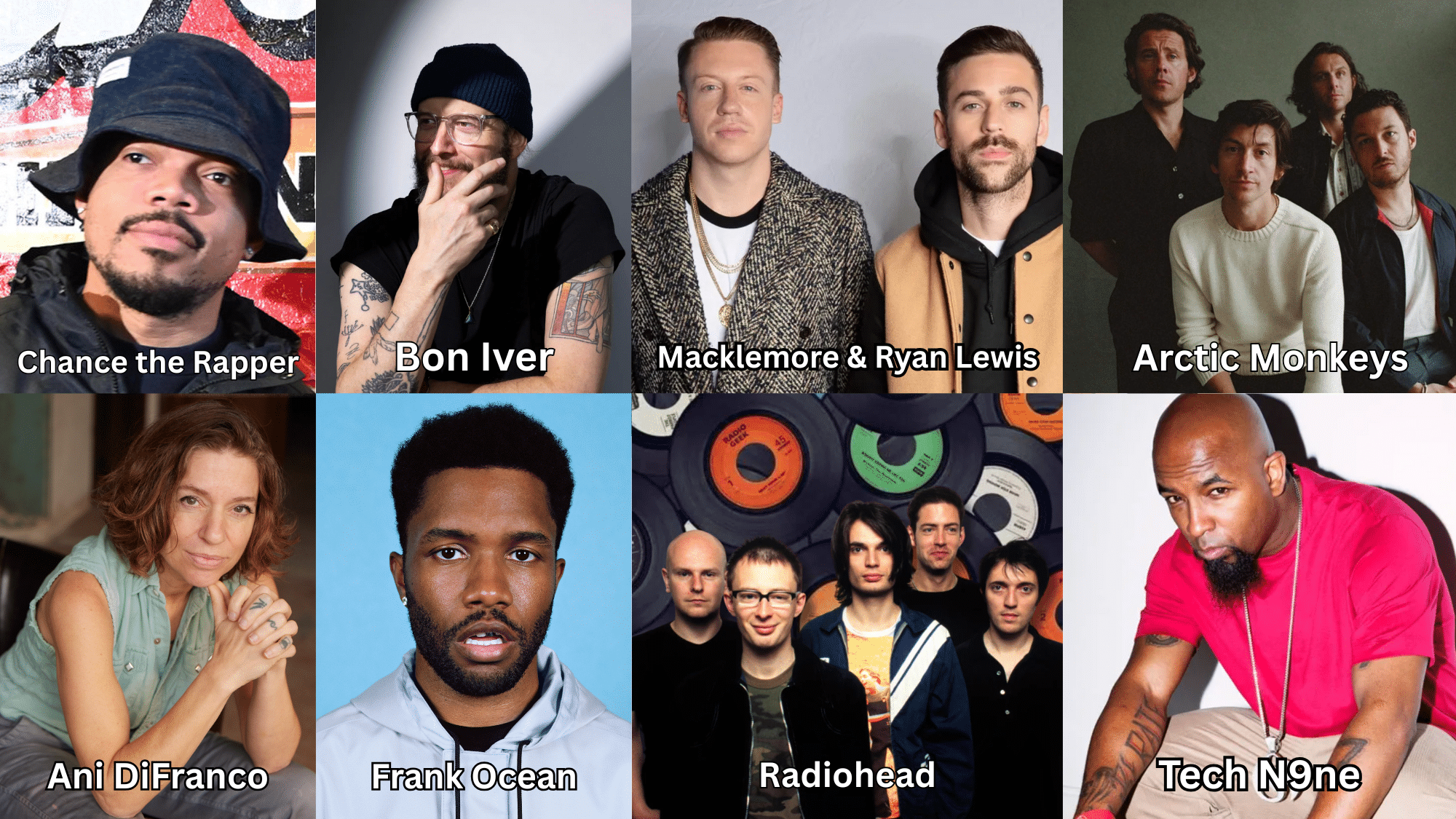
These pioneering musicians proved that chart-topping success and artistic integrity can go hand-in-hand without major label backing.
| Artist | Genre | Breakthrough Work | Notable Achievement |
|---|---|---|---|
| Chance the Rapper | Hip-Hop | Coloring Book | First streaming-only Grammy winner |
| Bon Iver | Folk/Indie | For Emma, Forever Ago | Grammy success as independent artist |
| Macklemore & Ryan Lewis | Hip-Hop | The Heist | #1 hits without major label |
| Arctic Monkeys | Indie Rock | Whatever People Say I Am… | Record-breaking indie debut |
| Ani DiFranco | Folk | Not a Pretty Girl | Founded successful Righteous Babe Records |
| Frank Ocean | R&B | Blonde | Chart-topping independent release |
| Radiohead | Alternative | In Rainbows | Pioneered the “pay what you want” model |
| Tech N9ne | Hip-Hop | All 6’s and 7’s | Built Strange Music empire |
How Independence has Evolved in Today’s Music World
The concept of musical independence has changed from a rebellious alternative into a powerful business model that’s reshaping the entire industry.
Digital Transformation – Artists now create studio-quality music at home, distribute it globally online, build audiences through social media, and earn directly from fans without traditional intermediaries.
Power Dynamics Shift – Major labels now chase successful independent artists rather than developing new talent. Musicians with established followings gain negotiating power and access to flexible partnership models that maintain their autonomy.
The New Standard- Independence has become the typical first step for successful artists. Fans prefer authentic connections, while continuing technological advancement gives musicians more control over all aspects of their careers.
Independence isn’t just an alternative path; it’s becoming the preferred starting point, with traditional deals considered only after establishing success independently.
Conclusion: The Power of Going Indie
The independent path in music offers the best of both worlds: artistic freedom with real career potential.
Artists can maintain creative control and ownership while building direct fan relationships. Though challenges exist, requiring artists to be both creators and entrepreneurs, the rewards often justify the effort.
For musicians just starting, the indie path offers a practical option with lower barriers to entry than ever before.
With basic recording equipment, digital distribution, and social media, any artist can release music, find their audience, and begin building a sustainable career on their terms.
Frequently Asked Questions
1. Can an Indie Artist Still Collaborate with Mainstream Artists?
Yes, indie artists can collaborate with anyone they choose. Independence means they’re free to create partnerships that align with their values and artistic goals.
2. Do Indie Artists Earn Money from Their Music?
Absolutely. Indie artists can make money through streaming, digital and physical sales, live shows, merchandise, licensing, and fan support platforms like Patreon or Bandcamp.
3. Are Indie Artists Always New or Emerging Musicians?
Not at all. Some indie artists have long-established careers. Being indie is more about independence than experience level.
4. Can an Artist Switch from Being Indie to Signing with a Label Later?
Yes. Many artists start independently, build a following, and later sign with labels—often on their own terms. Some even return to indie after gaining label experience.
5. Do indie artists release albums or just singles?
Indie artists can release albums, EPs, or singles, whatever suits their strategy. There are no rules, and many choose formats that work best for their style or audience.






